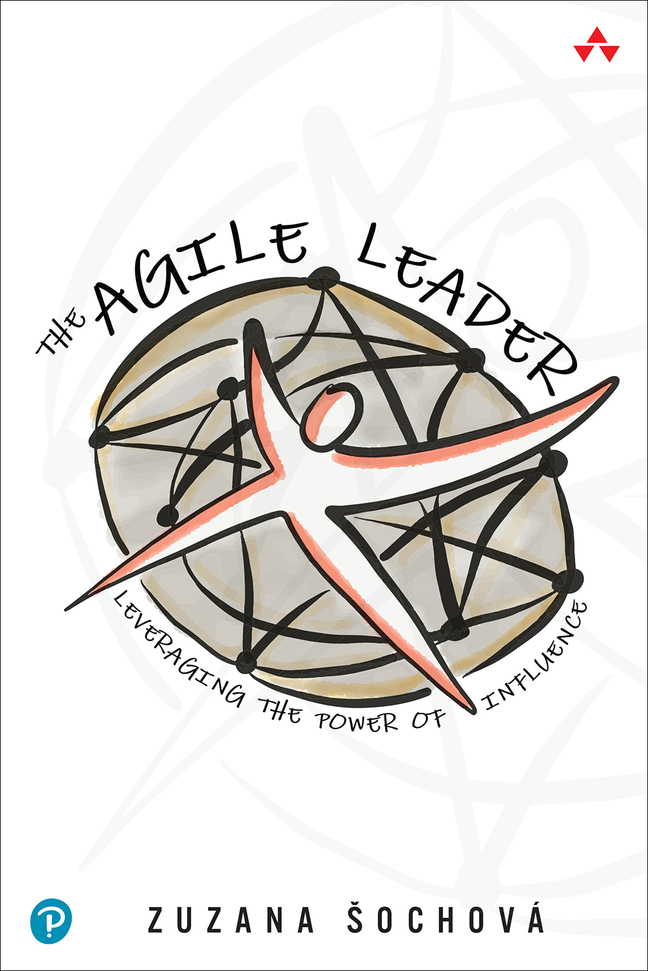Self organization is one of the key agile artefacts. It’s all about self-organization we tend to say. The team should decide. The idea is great. It says that people who are doing the work can solve 80% of their problems themselves. It also implies that the team itself in it’s mature stage can freely decide on their internal processes, meaning how they organize themselves to atchieve the given goal. There is nothing said about changing the goal, not even about changing the external arrangements (i.e. roles and responsibilities of people outside of the team). The self organization is supposed to come with responsibility in hand. It cannot exists without it. And it’s not any easy task.
But every good idea can be misused and so more and more often we are observing over self organized teams who just don’t get it. Such team believes they can decide on anything you can imagine, the managers should not interfere, they are useless and not allowed to visit or even observe team meetings. They are redundant to their opinion. The same usually happen to the Product Owners who are surprisingly not anymore the ones who decide on priorities and functionalities. Sometimes the same happen to Scrum Mastes as well, who are for such team not any team members so they are not allowed to do anything either. Very strange situation indeed. Despite on how different such teams are, they have usually one thing in common. They believe they are doing great, but the rest of the organization should change. And becaus the “self-organization” they are trying to force them to do so. And where is the responsibility? No, no, no, it’s not ourfauls, theya re bad…
I have a couple examples. We have played our new Tulming Travel game a couple of times, and almost always someone from the team suggested they as a self organized team decide on priorities as they don’t like their Product Owner decision. And surprisingly to us, the rest of the team agree with the argument. Yes, that’s right, we are self organized so stop to tell us what shall we do. Second example is comming from real kind of startup company. We had a team of 7 developpers, one scrum master and one business & marketing team of 5 people including Product Owner doing research at markets at South America. They’ve been all located at one spot in Europe, the business team was quite matured, they know what they need and why, they’ve been willing to explain all that all over again to teh development team so they understand real customer needs. However, the team somewhere read there is a scrum and self organization and there was no force to stop them beleive they can decide on whatever. So they in the name of self organization changed basic Scrum pracsices, and pushed their business people and Product Owners away as they “don’t need” them to decide what to do. And in addition they did the same to their manager, as they are now Scrum so he is not allowed to tell them what to do anymore. There was no chance to stop them as they didn’t listen at all. They believed they are great despite they never delivered the Sprint Backlog.
The last example is from a corporation where they decide to bring fresh air into their agility. Their coaches got a generaly good idea I guess, that the managers should let the team to be self ogranized, but instead of starting at both team and management level, they pushed to the other side and forbid them to do anything with the team. They are not allowed to enter team meetings, coach, facilitate, give feedback, nothing. They are supposed to be “eavel managers” who are not capable enough to do their roles in agile world. For some it might be true, but there is huge number of others who are now struggling to do their job. And that’s not what we wanted to atchieve with self organization. We need mutual trust. Within a team, and otside i.e. to the manager as well. Otherwise there is no agile company and no self organization either. Just some group of small kids trying to shout to others without any purpose.

 Learn more about transforming organizations, leadership, and culture with Agile & Enterprise Coaching. Check our Scrum and Agile training sessions on Sochova.com. Grab a copy of The Great ScrumMaster: #ScrumMasterWay book and The Agile Leader: Leveraging the Power of Influence book.
Learn more about transforming organizations, leadership, and culture with Agile & Enterprise Coaching. Check our Scrum and Agile training sessions on Sochova.com. Grab a copy of The Great ScrumMaster: #ScrumMasterWay book and The Agile Leader: Leveraging the Power of Influence book.
Disclaimer: All I write on this blog is purely personal and has no relation with any position I have, used to have or will have in the future.
